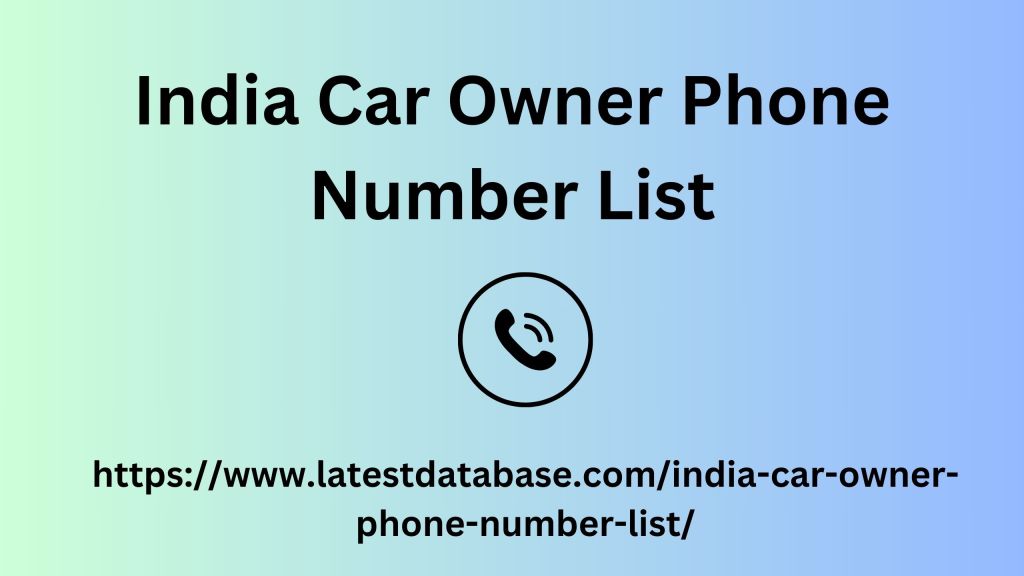|
|
I think you should act on all three reports - unless you don't care about the domain. Of course, it is problematic if you have exchanged, sold or even rented links (which is practically always the case, otherwise there would have been no manual action). Legally speaking, you are in a quandary here. In practice, however, many SEOs are busy with link removal anyway and will usually have nothing against link removal. If in doubt, you should ask first! “Hey, install another trust link!” A popular link building technique that is still actively used is thanks to the following way of thinking: Google looks at all the outgoing links within a document and then evaluates how trustworthy these links are.
If a webmaster linked to Billige-Affiliateseite24.de in an article (purchased or exchanged), that was India Car Owner Phone Number List of course not a good signal. So clever SEOs came up with the idea of adding one or two links to so-called “Trusted Sources”. In the document you would usually find a keyword link to the link partner site and an additional link to Wikipedia. Something like this: Cheap pants have been a need for humanity for a long time . These so-called trust links should also conceal which link is the purchased link. But there are no bearded monkeys working at.

I have heard from a reliable source that exactly this approach (trust link + keyword link) is now solved algorithmically and is even a particularly clear signal for link sales. Fun fact by the way: The SEOs at Spiegel, Chip and other trustworthy sites get annoyed to death when they see that your domains are being “abused” in this context. Understandable, right? Special case of user-generated spam Anyone who maintains areas on their domain where others can post content is always dealing with spam. You should keep this in mind: Do you want to get fit in online marketing? With our newsletter you will automatically receive the latest Seocracy articles directly in your inbox! Click here for the registration form.
|
|